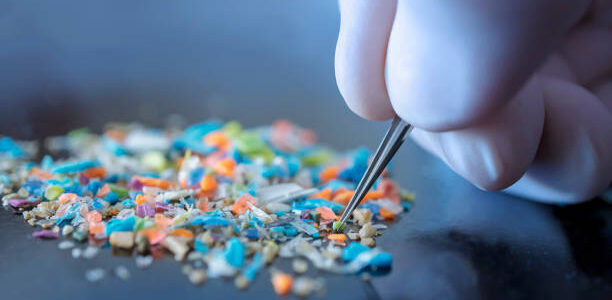BlogLine
Microplastics in consumer products: Emerging litigation risks for household brands
5/29/25

By: Noël Couch, Joshua G. Ferguson, Kevin G. Kenneally and Kevin M. Ringel
As concerns over microplastics make headlines, consumer product manufacturers are increasingly finding themselves in the crosshairs of litigation. A pair of class actions filed in California target a household brand, alleging that Ziploc products release harmful microplastics when used in the microwave or freezer. These cases signal a growing trend of plaintiffs testing the boundaries of product safety claims and forcing courts to wrestle with emerging science and evolving consumer protection laws.
On April 25, 2025, a California woman filed a class action Complaint in the United States District Court for the Northern District of California against S.C. Johnson & Son, Inc. claiming violation of California unfair competition law, violation of California false advertising law, violation of California consumers legal remedies act and unjust enrichment/restitution. The Complaint takes issue with Defendant’s marketing of its Ziploc bags and containers as “Microwave Safe” and suitable for “Freezer” use, alleging the products are made from polyethylene and polypropylene materials that release microplastics when microwaved and frozen. Plaintiff further alleges that the microplastics are “leached into consumers’ food” and that “studies show that the ingestion of microplastics poses serious health risks.”
Similarly, on April 28, 2025, two California women filed a class action complaint, also in the United States District Court for the Northern District of California, against Newell Brands Inc., making almost identical claims as the aforementioned class action, including violation of California unfair competition law, violation of California false advertising law, violation of California consumers legal remedies act, breach of warranty and unjust enrichment/restitution. The Plaintiffs claim Defendant markets its Rubbermaid TakeAlongs Food Storage Containers as “Microwave Safe,” “Microwave Reheatable” and “Freezer Safe,” while alleging such products are made of “polypropylene plastic, which releases harmful microplastics directly into food when microwaved or frozen.” Plaintiffs further allege ingestion of such microplastics exposes consumers to “significant health risks.”
A study in the National Library of Medicine defines microplastics as small plastic particles that come from the degradation of plastics, and claims danger of microplastic contamination of the environment, along with negative effects on the food chain and human health.
FMG represents consumer products manufacturer clients in complex litigation, defending against claims that allege injury from chemical exposures and other industry-specific risks. We stay at the forefront of emerging scientific developments and regulatory trends to provide informed, strategic defense tailored to each client’s unique challenges. When it matters most, FMG delivers experienced counsel grounded in deep industry knowledge and a commitment to protecting your business.
For more information, please contact Noël Couch (noel.couch@fmglaw.com), Joshua G. Ferguson (joshua.ferguson@fmglaw.com), Kevin G. Kenneally (kevin.kenneally@fmglaw.com) or Kevin M. Ringel (kevin.ringel@fmglaw.com).
Information conveyed herein should not be construed as legal advice or represent any specific or binding policy or procedure of any organization. Information provided is for educational purposes only. These materials are written in a general format and are not intended to be advice applicable to any specific circumstance. Legal opinions may vary when based on subtle factual distinctions. All rights reserved. No part of this presentation may be reproduced, published or posted without the written permission of Freeman Mathis & Gary, LLP.
Share
Save Print
